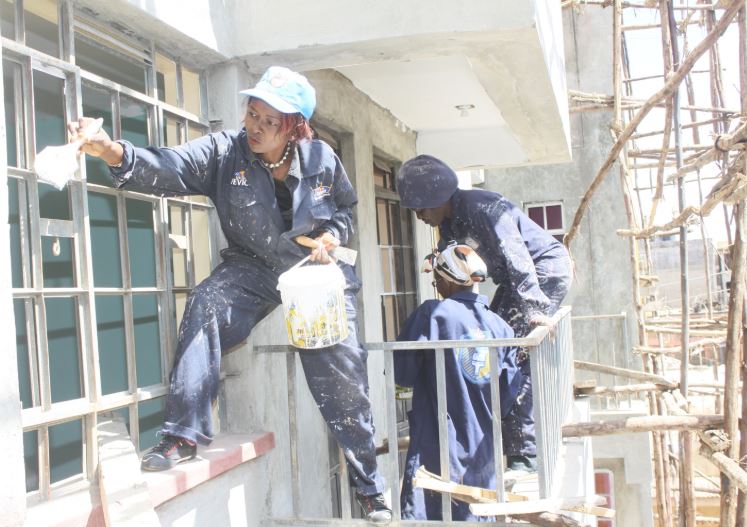×
The Standard e-Paper
Smart Minds Choose Us

There aren’t many women brandishing a paintbrush and carrying out industrial-scale paintwork.
Eva Wachiuri, founder of Tinted Color Creations, however, is determined to prove that women can thrive in a sector that’s largely male-dominated.